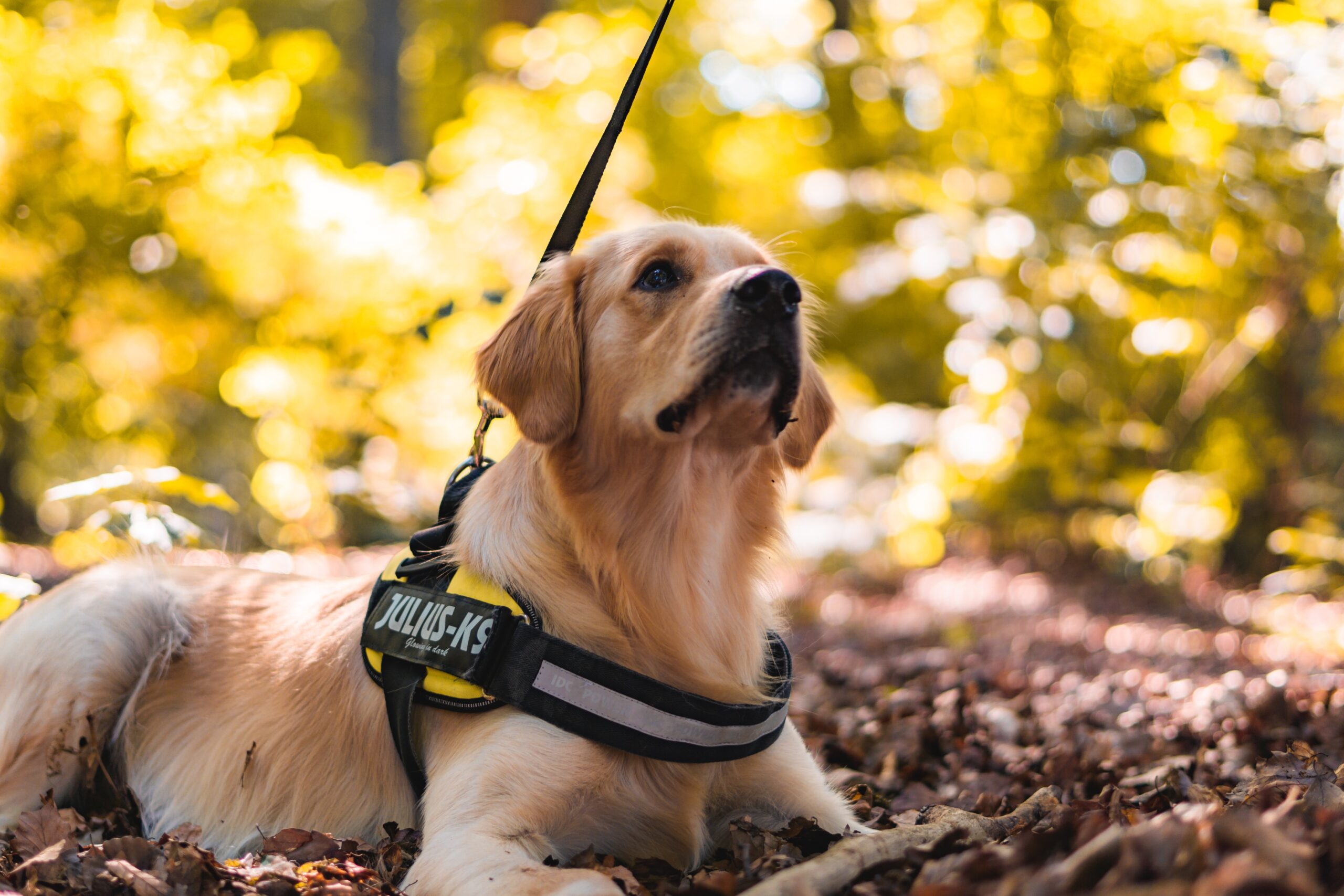
“COVID-19 has impacted the physical health of hundreds of thousands of Americans, left others bereft of loved ones, and took a profound emotional toll on our nation. As we deal with this sickness and others, concerns about mental, emotional, and physical health garner attention.
While your club may not have encountered a request for the accommodation of a member or guest’s service animal, that time may be approaching. It is best to be prepared because responding incorrectly can create legal exposure, embarrassment, or both.
First, you should become familiar with the basic laws on this subject. Both federal law (the Americans with Disabilities Act or “ADA”) and the law of the State of California grant protections to individuals with disabilities accompanied by a service animal. The ADA defines a service animal as “any dog (any breed) that is individually trained to do work or perform tasks for the benefit of an individual with a disability, including a physical, sensory, psychiatric, intellectual, or other mental disability.” A dog will not qualify as a service dog if it is not individually trained to help an individual with a disability in a way that is related to the disability. That dog may qualify as an “emotional support animal” (as may other support animals), but there is no requirement that a place of public accommodation allow an emotional support animal onto its premises. “
[member site]



